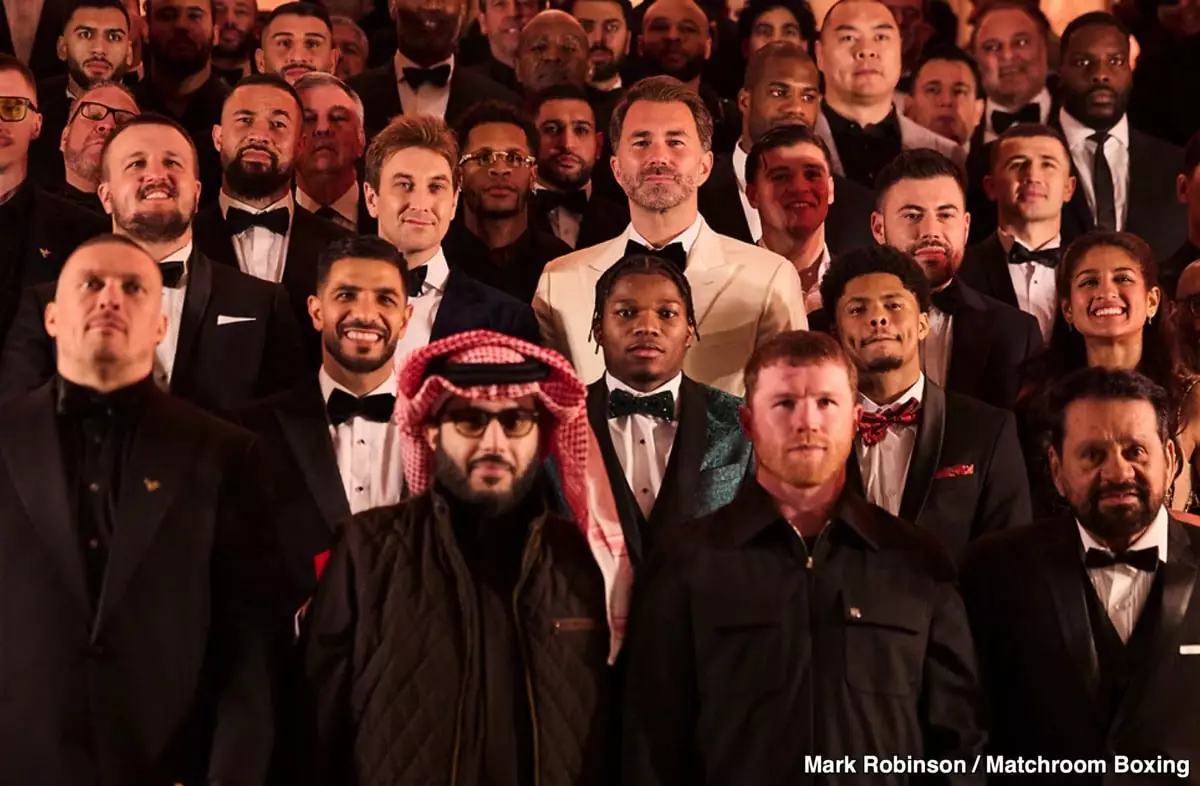The anticipated matchup between boxing stars Canelo Alvarez and Terence Crawford has been officially declared “off” for September, a development that has caught fans and analysts off guard. While the absence of a detailed reason for the cancellation raises eyebrows, many remain unperturbed; after all, the fight had never been formally sanctioned. This cancellation highlights the unpredictable nature of boxing matchups, which often hinge on complex negotiations and differing expectations from the fighters involved.
Looking ahead, it’s clear that Canelo Alvarez is prioritizing lucrative bouts over potentially competitive ones. The Mexican champion is set to face social media sensation-turned-boxer Jake Paul in May during the celebrated Cinco de Mayo weekend. This matchup promises to harness Paul’s substantial follower base—28.8 million on Instagram and 20.9 million on YouTube—potentially translating into unsurpassed pay-per-view sales. For Canelo, the allure of a fight against Paul represents a secure financial windfall, especially when compared to the perceived risks of facing Crawford, who would have had to ascend two weight classes to compete.
Canelo’s decision to pursue Paul instead of Crawford may also stem from recent fan backlash toward the proposed fight. Critics characterized the potential Canelo-Crawford encounter as a “cash grab,” arguing that it lacked genuine competitive merit. Alvarez’s past performances against smaller opponents, including his recent victory over Jermell Charlo, looms in the background, influencing public perception. Given these factors, Canelo’s choice to engage with a popular figure like Paul instead of Crawford—who had yet to prove himself at a higher weight—becomes increasingly understandable.
Terence Crawford’s challenge now appears to be one of reputation and status. Fans suggest that to facilitate a more compelling matchup with Canelo, Crawford should have sought recognition by moving up to the 168-pound division and battling tougher opponents like David Benavidez, Diego Pacheco, or David Morrell. A string of victories against these formidable fighters could have not only bolstered Crawford’s standing in the sport but also justified his position to challenge Canelo without provoking accusations of cherry-picking.
Had Crawford emerged victorious against these high-caliber opponents, the stakes of a potential Canelo vs. Crawford matchup would dramatically shift. Instead of being perceived as mere opportunism, the fight would carry weight, with each boxer bringing respect and acclaim to the ring.
Ultimately, the boxing landscape reflects a balance between athletic ambition and financial incentives. Canelo’s management appears to prioritize profitable bouts that guarantee high viewership over sporting challenges that have the potential to erode his legacy. Meanwhile, Crawford’s need to establish himself further in the sport suggests a changing dynamic whereby recognition originates not only from skill but also from the business acumen involved in promoting fights.
The situation underscores the complex nature of modern boxing, where financial viability often trumps traditional notions of sport integrity. As fans navigate this evolving environment, the lure of substantive competition persists, reminding everyone involved that sometimes, the best fights remain just out of reach.

